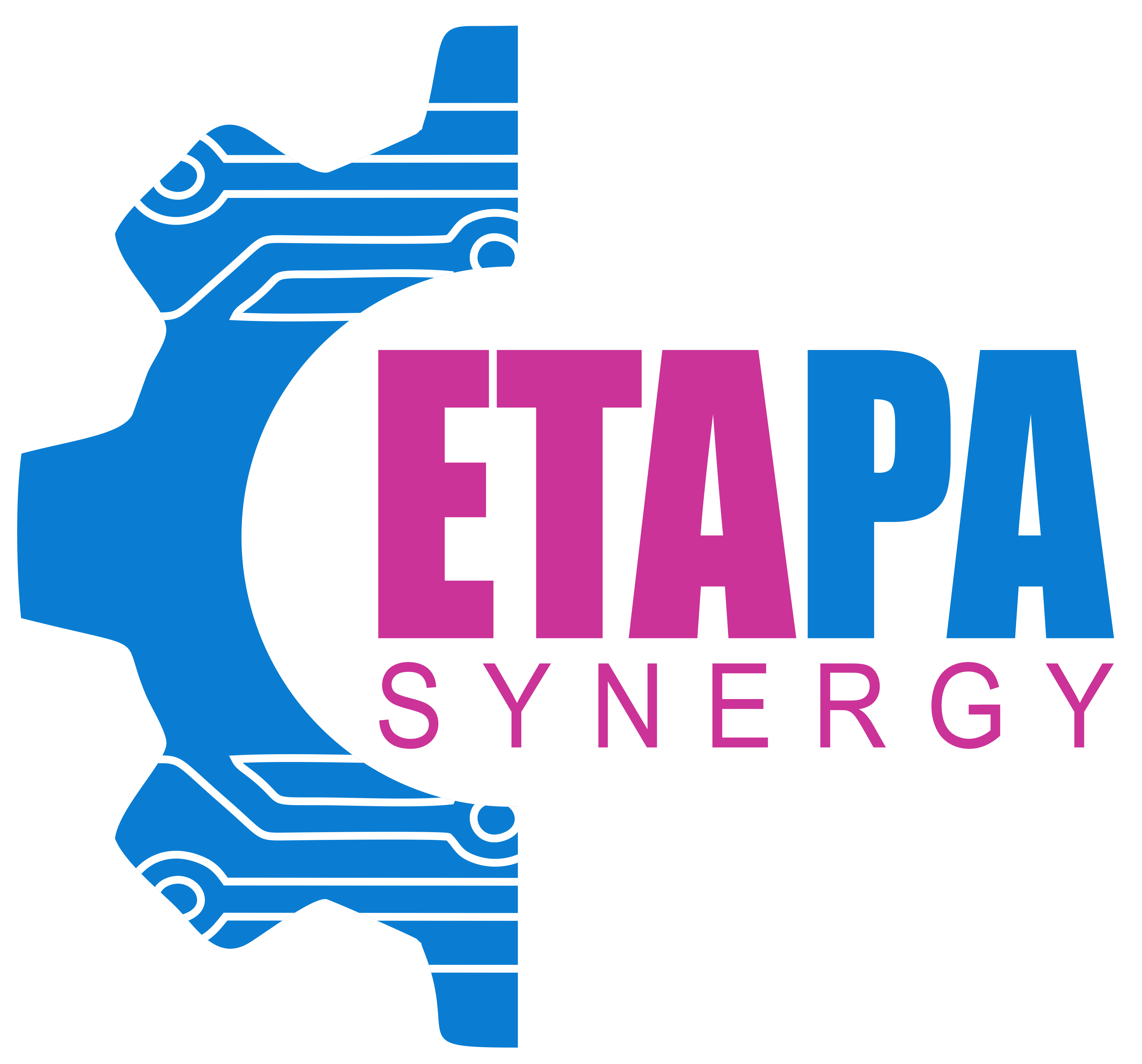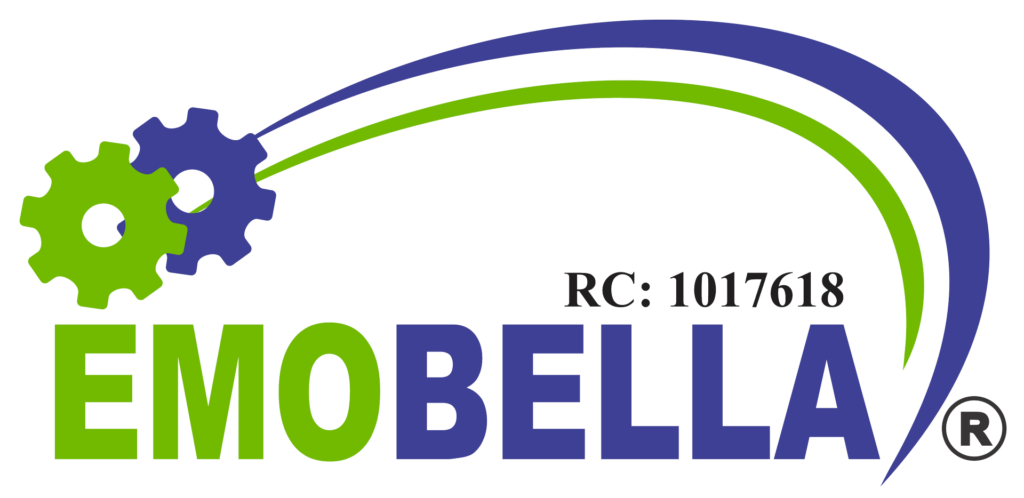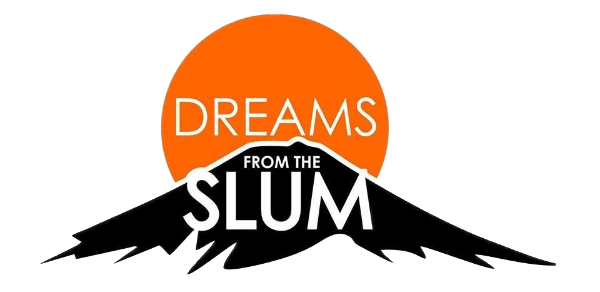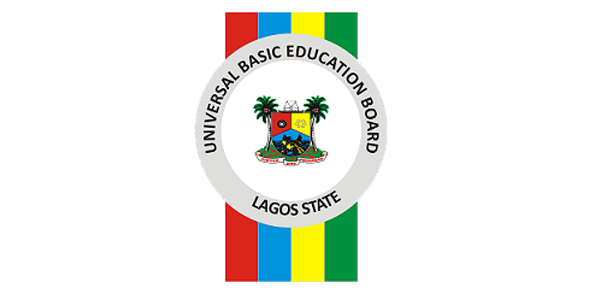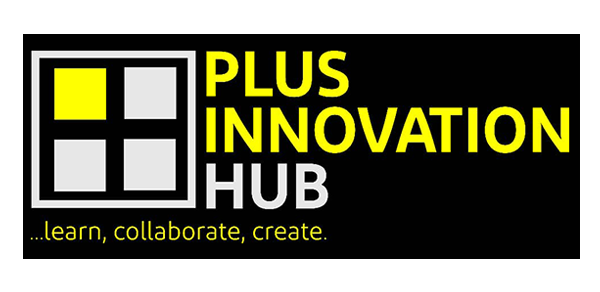Renewable Energy
Renewable Energy Program
Energy access is commonly acknowledged as one of the most important prerequisites for prosperity. One billion people in the globe still do not have access to electricity, and must rely on kerosene lamps and firewood for lighting and cooking. Kerosene fumes and wood smoke can be hazardous to one’s health, especially when used inside, and gathering firewood might take hours each day. These traditional fuels also represent a fire hazard and emit considerable amounts of greenhouse gases, as well as causing environmental damage through local pollution and deforestation.
Clean energy solutions have a lot of promise for bringing electricity to those who don’t have it. Upgraded versions of solar home systems can power radios, televisions, refrigerators, and even larger equipment for productive usage. Mini-grids, which are powered by solar photovoltaics, hydro, or biogas systems, can provide a similar level of service as the central grid, particularly for companies.
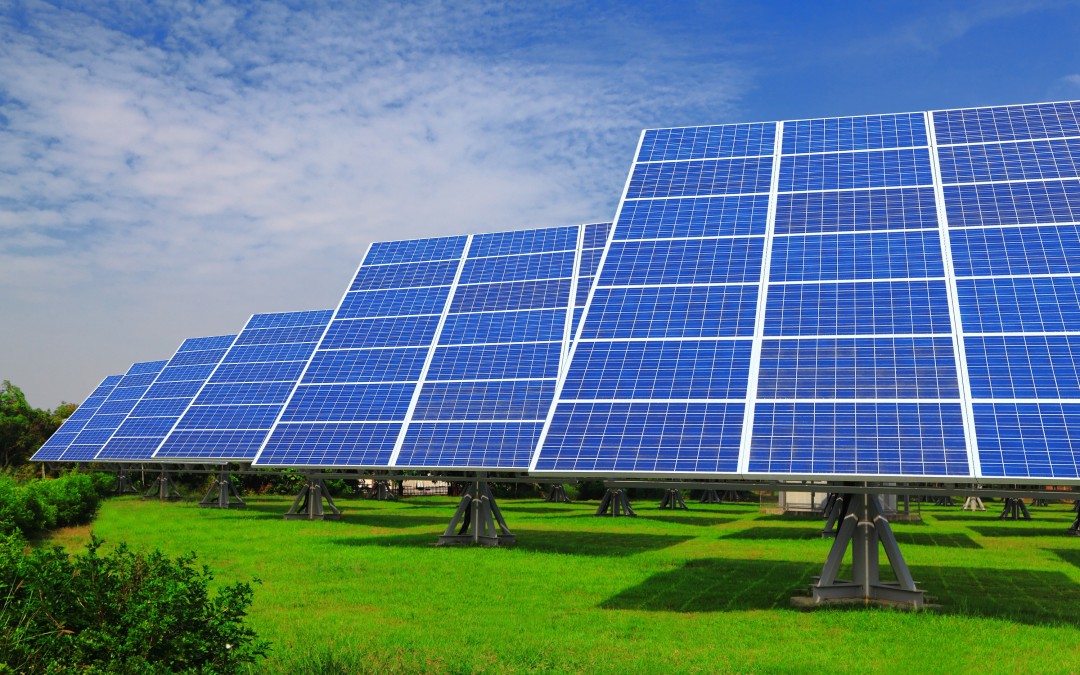
There are numerous advantages to expanding energy access through decentralized clean energy alternatives rather than expanding the central grid. To begin with, renewable energy mini-grids are far faster to construct and much less expensive per connection than grid expansion projects – especially since most off-grid locations are distant and poorly populated in most nations. Furthermore, in many low- and middle-income nations, renewable energy installations are many times more reliable than the central grid, and mini-grids have proven to be more resilient to storms and other extreme weather events as small, autonomous systems with limited transmission infrastructure. Finally, solar and hydroelectric installations provide free energy.
In just one week, you’ll learn everything you need to know about solar PV at our program. All relevant topics are covered over the course of the five days of training. We put a heavy emphasis on practical application in every session. You will learn about the electrotechnical basics and functionality of PV systems, as well as how to properly install systems according to international standards, plan, manage, and sell a project, and size the system, including the battery pack, to meet the needs of the customer..
The course content is easy to comprehend and follow because of the interactive exercises and participation of the participants. It is the right course if you want to get a head start in solar photovoltaics. Lecturers with practical expertise connect you with the industry.
Do you want to learn how to set up solar panels? Do you want more hands-on training rather than just reading books? Then this is the course for you! We practice PV system installation throughout the course of two days of instruction. We plan and execute the installation jointly, starting with nothing more than a wiring diagram and a material list, all the way to commissioning and testing the system.
The PV Mounter is an excellent alternative if you don’t have the time (or funds) for the 5-day training. It’s also a wonderful option if you’ve already completed our 5-day ETAPA and felt the practical to be too rapid or that you need more practice. Why not invite your entire installation crew along to practice together? Discounts for groups are available!
